No question, Atarashii Joushi wa Do Tennen is a comedy first. It leans heavily into both cuteness and silliness for its appeal. It bears obviously similarities to Cool Douji Danshi – which is kind of a lesson in the arbitrary nature of demographic labels, since that’s officially a shoujo and this is a seinen. But there’s a deeper side to this series, make no mistake about it. It hits me harder because of personal experience, no question, but the mangaka really understands the brutality of working under an abusive boss, and the way one feels trapped in that situation as all the color and light is drained out of their life.
Atarashii Joushi also leans hard into letting the imaginations of the east side of Ikebukuro run wild. Some might regard two men constantly remarking on how cute the other is as pretty unambiguous, but the ambiguity is part of the design. Heck, the pair of them basically went on a date this episode (what could be more “date” than an amusement park?), though it was realistically woven into the fabric of the premise. And hey, Shirosaki-san isn’t wrong in that research like that is essential to good marketing. The fact that he is so good at his job is the thing that really saves the “real” side of the show from slipping into abject silliness.
And Atarashii Joushi is funny, which is probably the most important thing in the end. It’s certainly made me laugh a few times both weeks. My favorite gags this time::
- The Namahage bit. I wouldn’t be surprised if every kid from Akita has deeply ingrained PTSD because of that.
- Shirosaki setting Momose-san as his wallpaper.
- That “sore thumb” comment about the two of them at the amusement park (which is Tokyo Dome City, by the way). That’s so Japan – obviously you just show up for work in casual clothes that day, but not here, nope.
- Shirosaki assuming the kid who said “cute!” was talking about Momose. Then giving his own name to the lost child desk.
- Shirosaki spoiling his dramatic exit by getting off at the wrong station.
But that’s all contrasted with the denouement, which again showcases that this series is grounded in something quite serious. The planetarium ad as a way of tying everything together was a really elegant device, and it packed some real emotional punch (just ask the eavesdroppers on the Chuo Line). Again, I don’t deny that personal experience is a key here – if you’ve never lived what Momose is going through, I’m sure this all might seem a little overdramatic. Believe me, it’s not – in fact Atarashii Joushi gets the feeling exactly right. It’s nice to believe there’s hope – that fate can give you a steer out of the darkness and into the light. When you’re living that moment it feels as if that’s impossible, but there’s nothing wrong with fiction saying otherwise – that’s escapism in the best sense of the word.


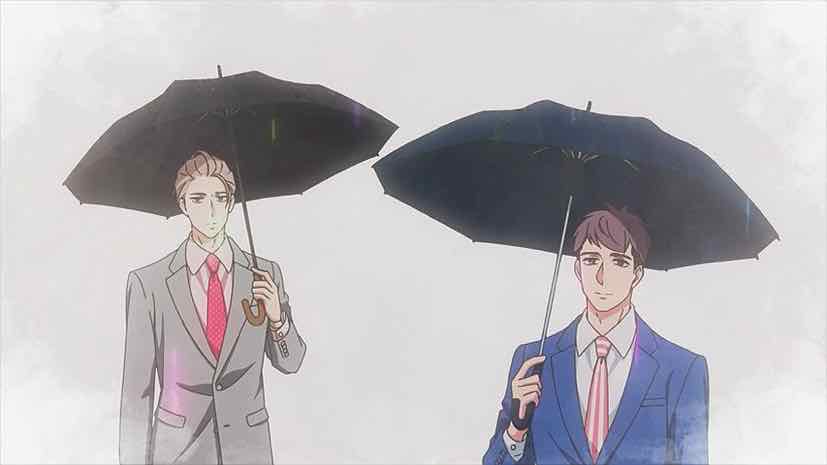
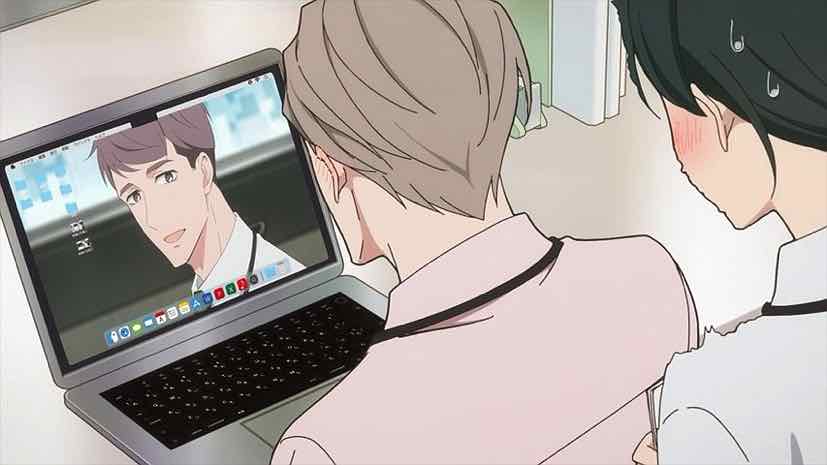
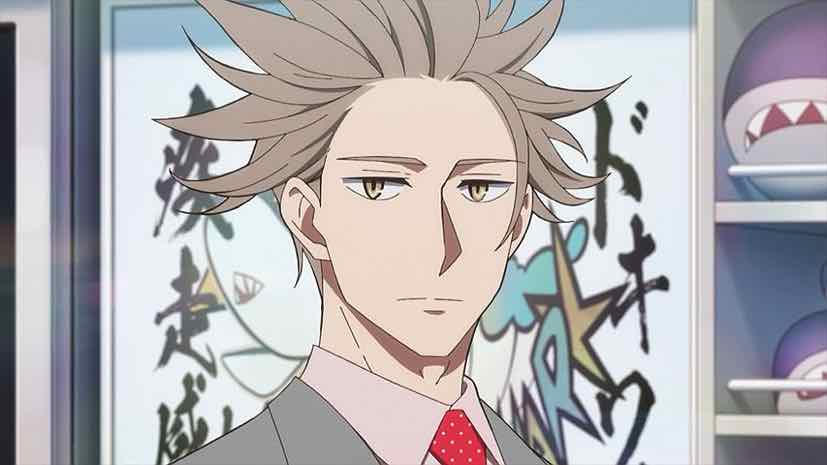
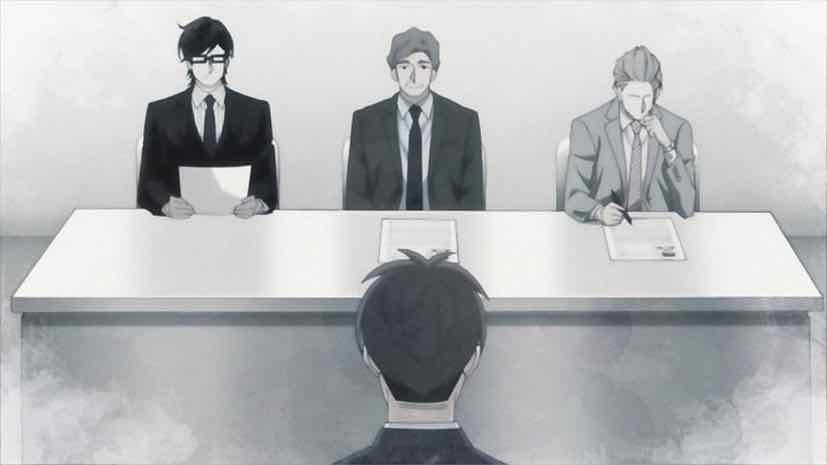
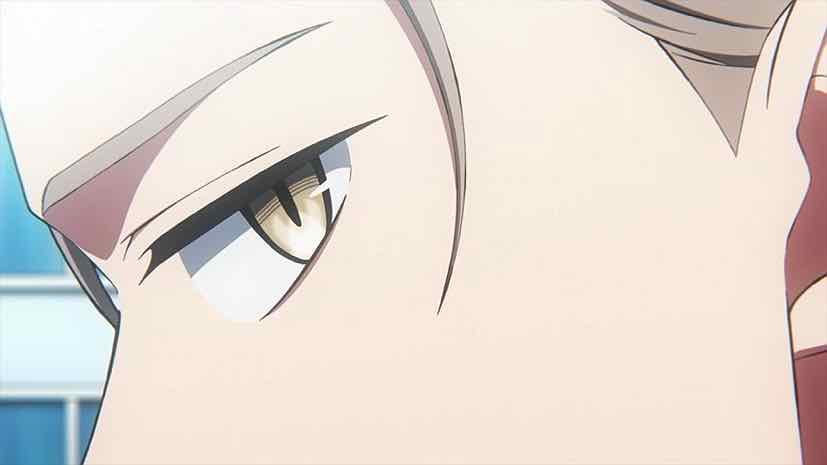
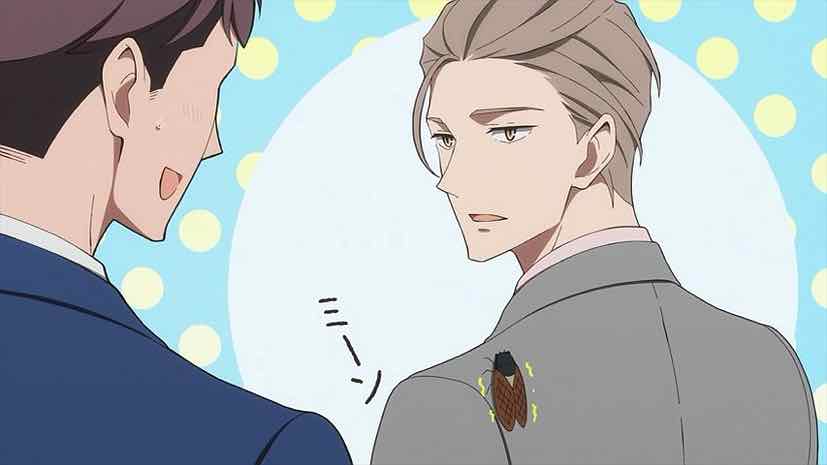
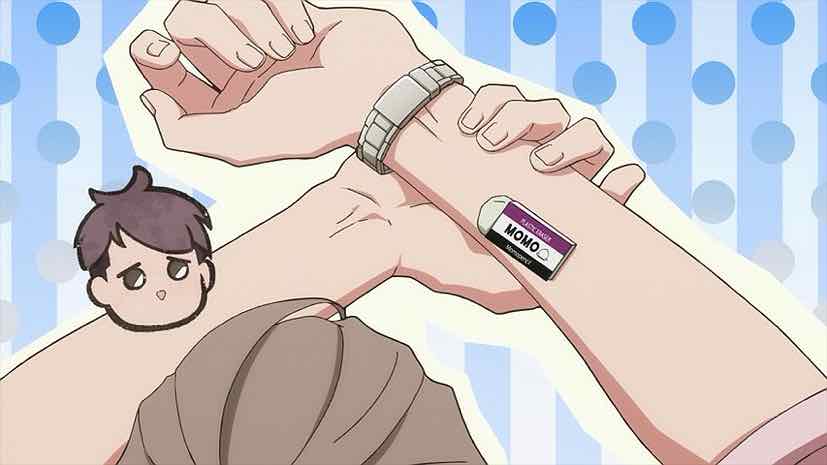
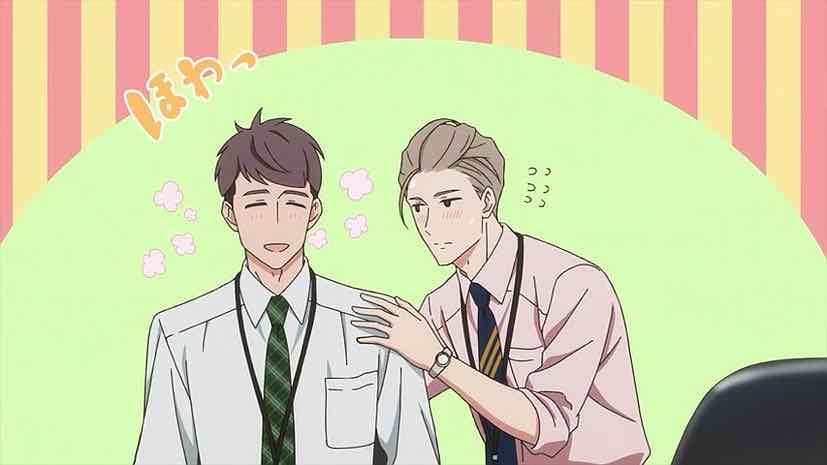
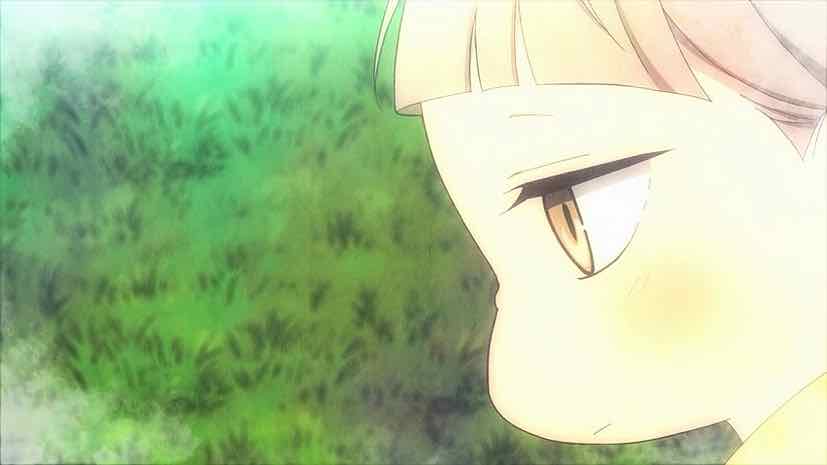
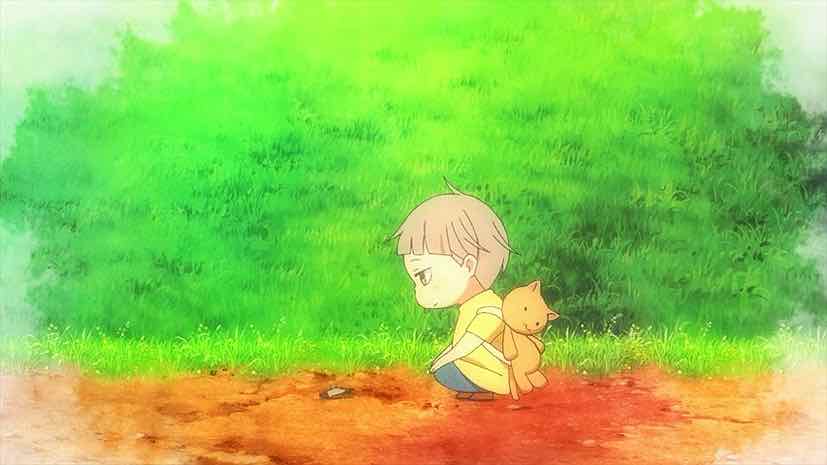
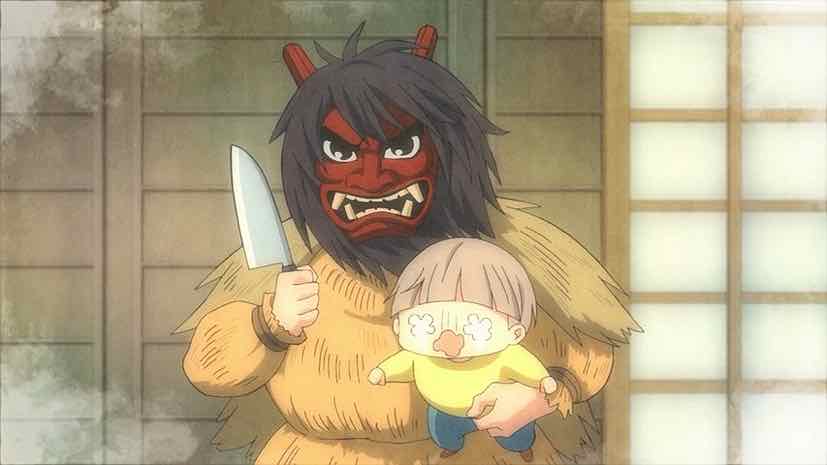
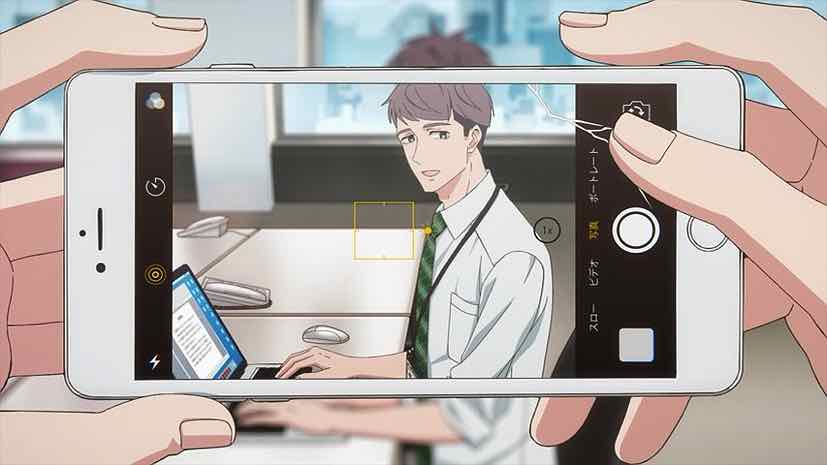
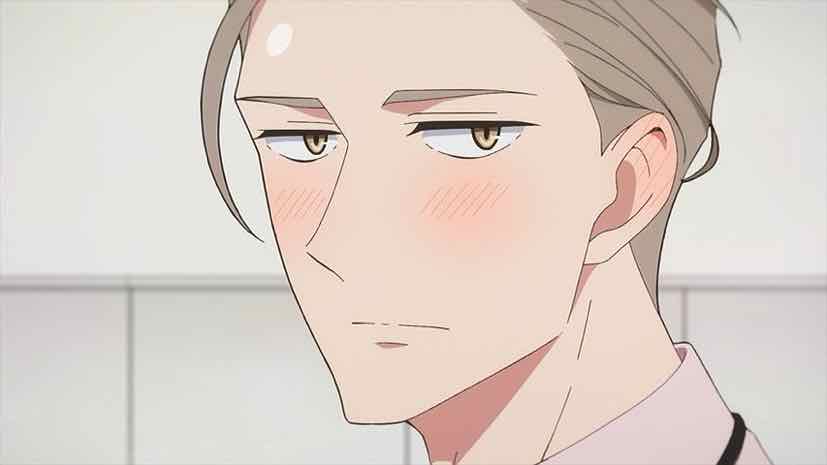
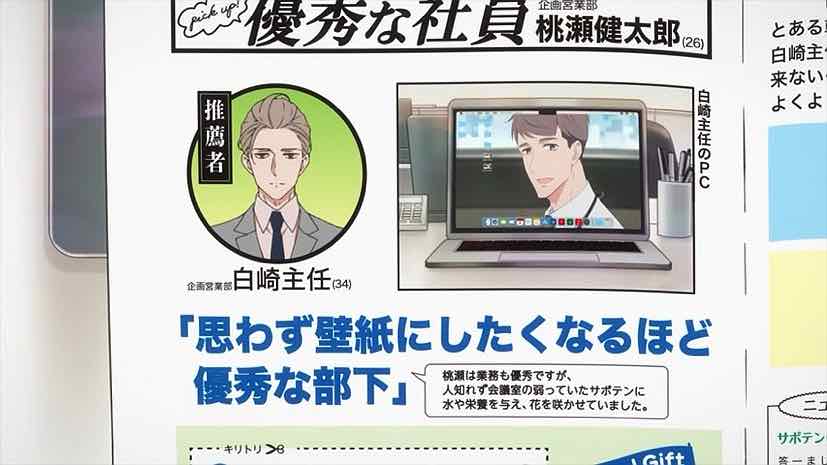
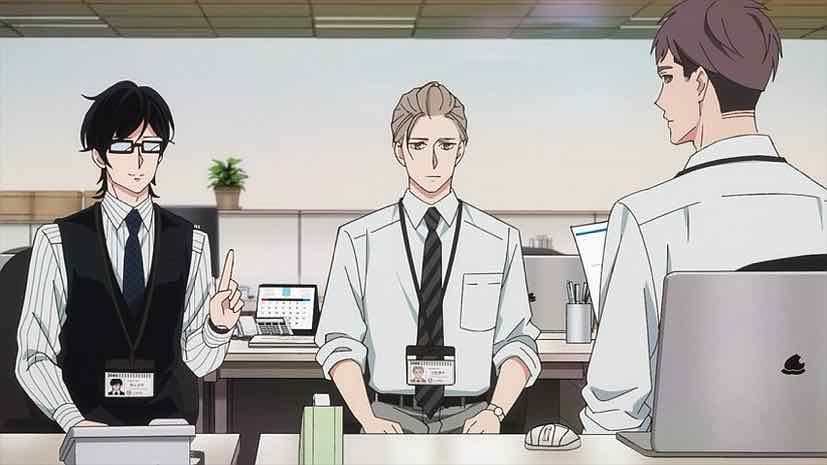
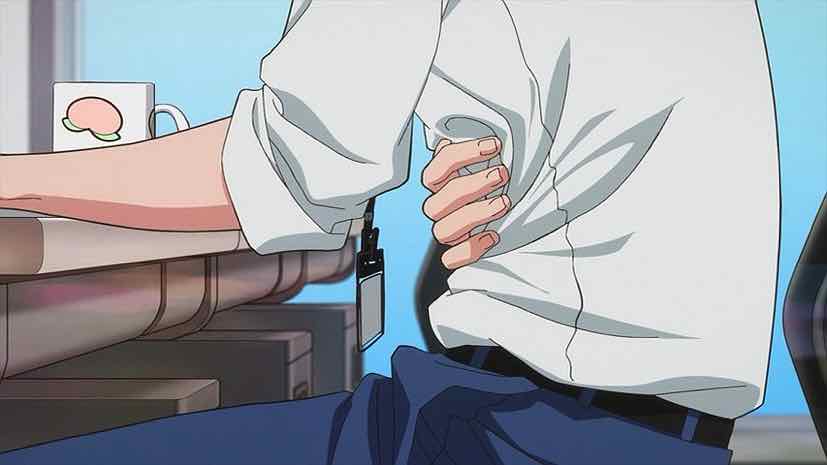
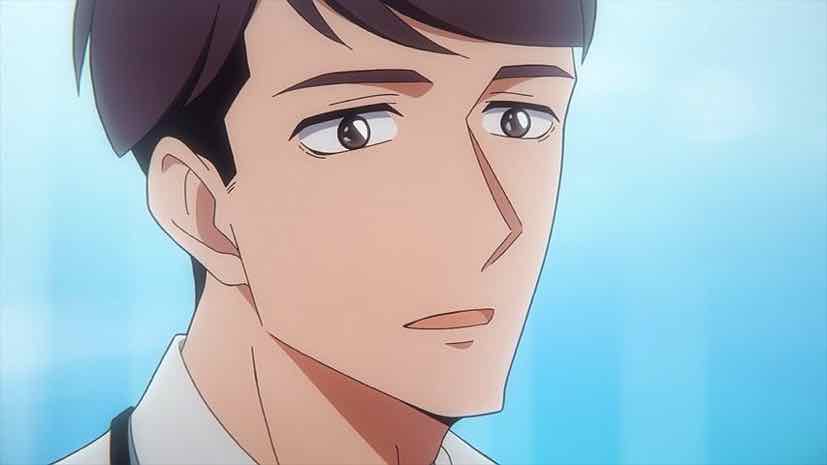
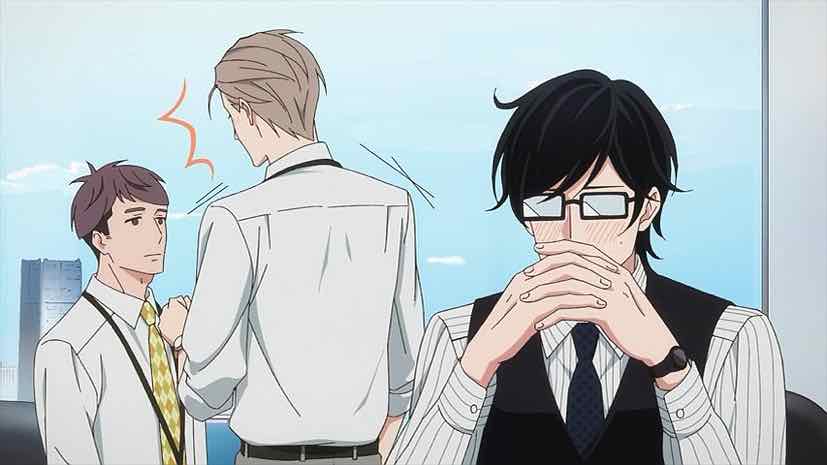
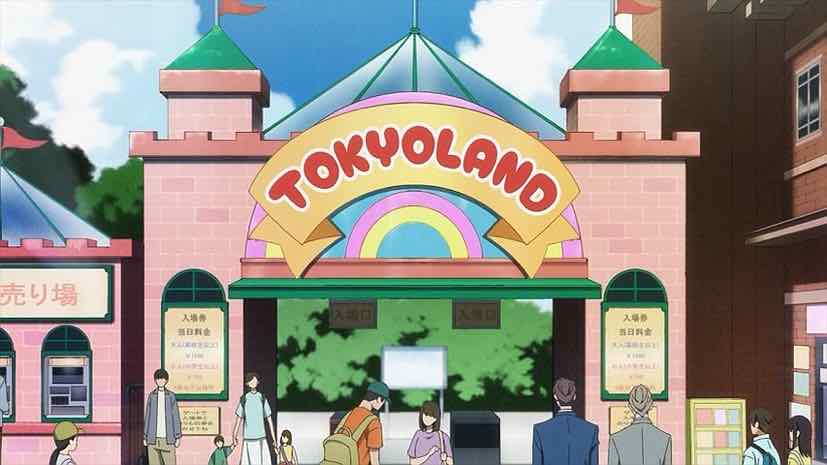
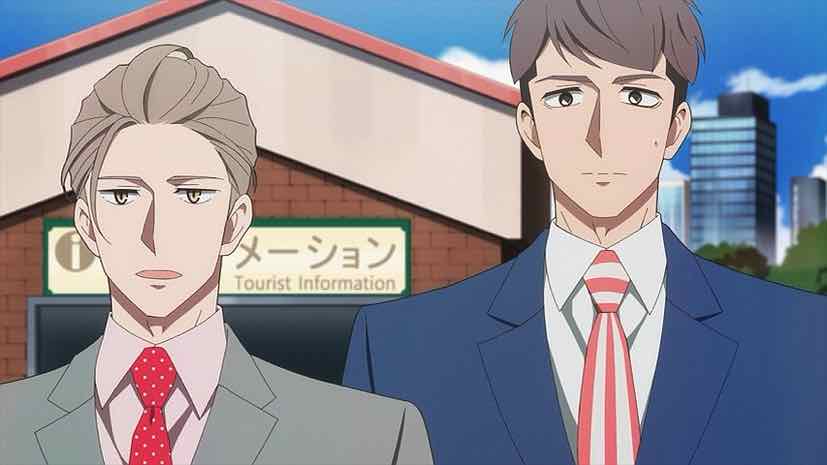
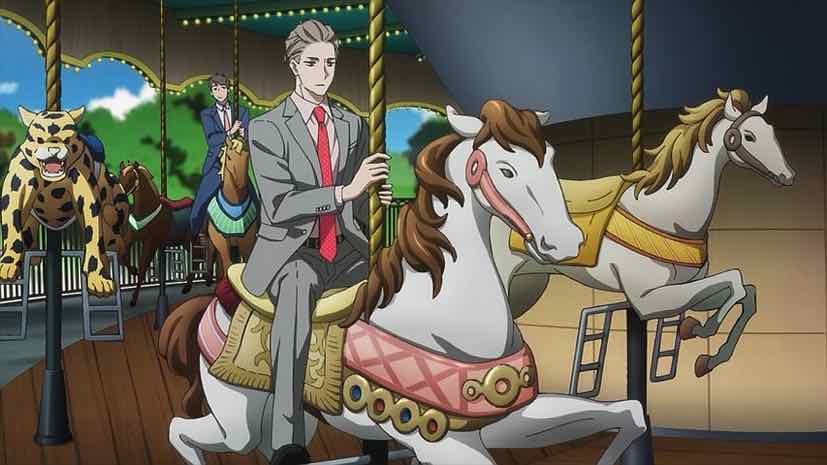
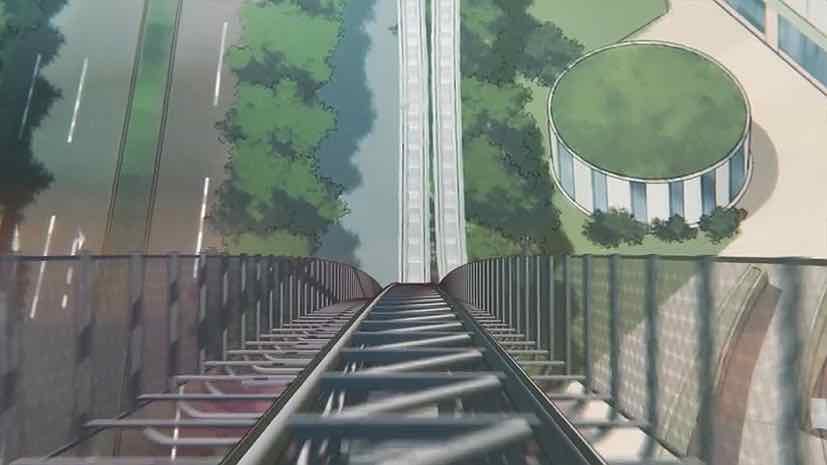
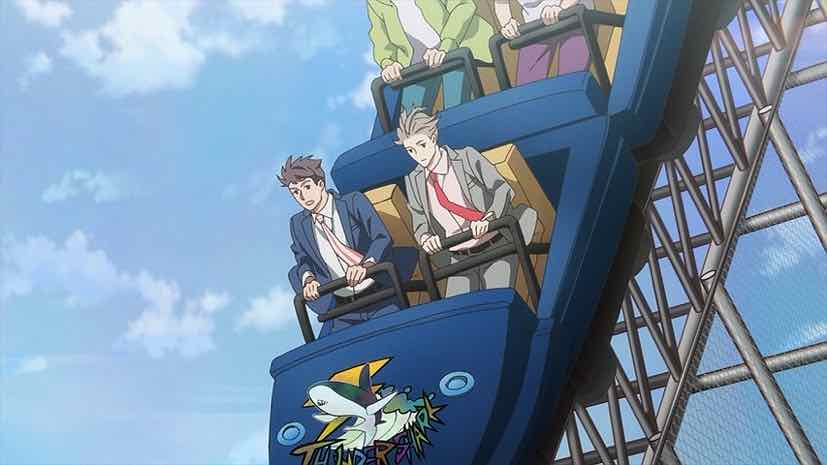
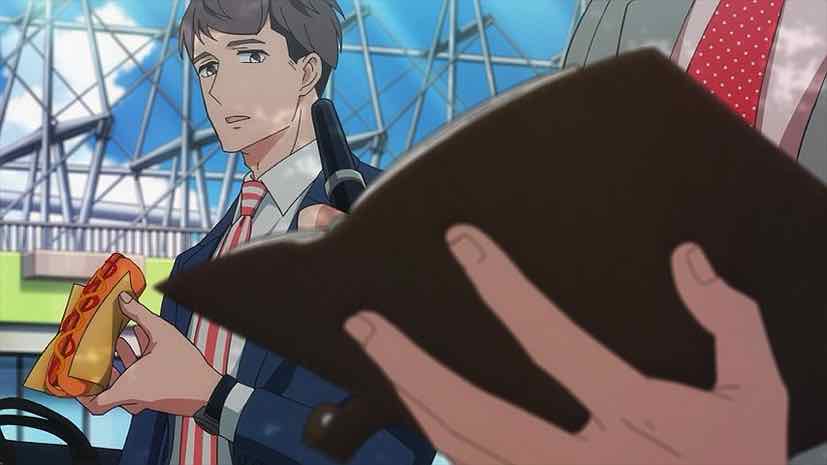
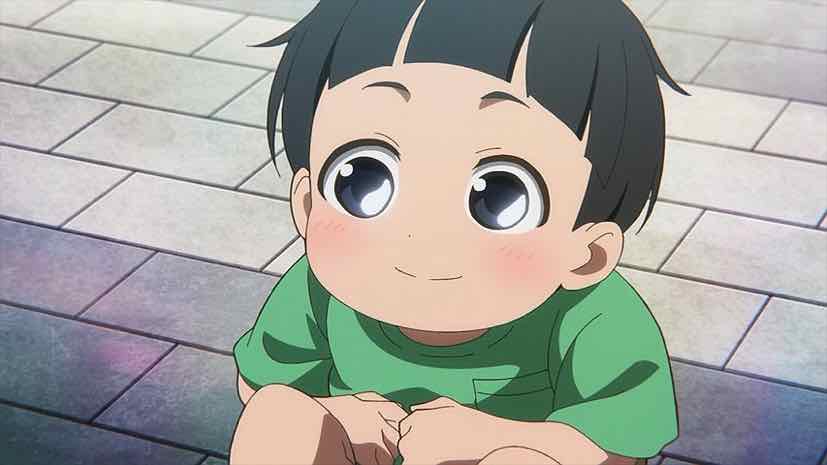
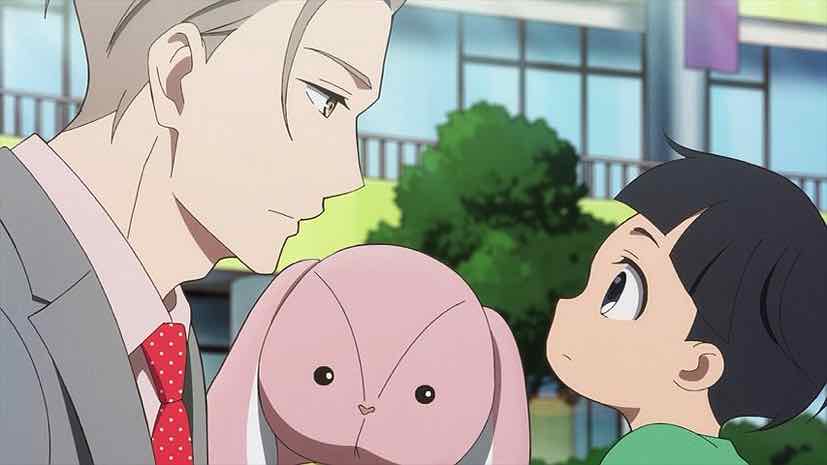
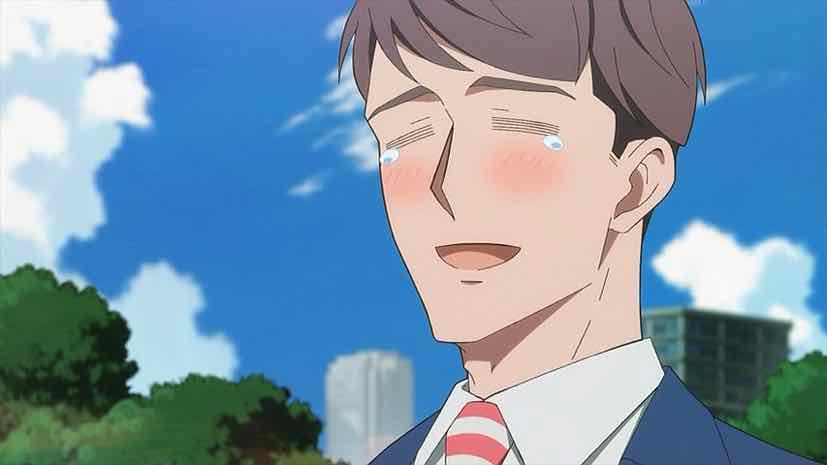
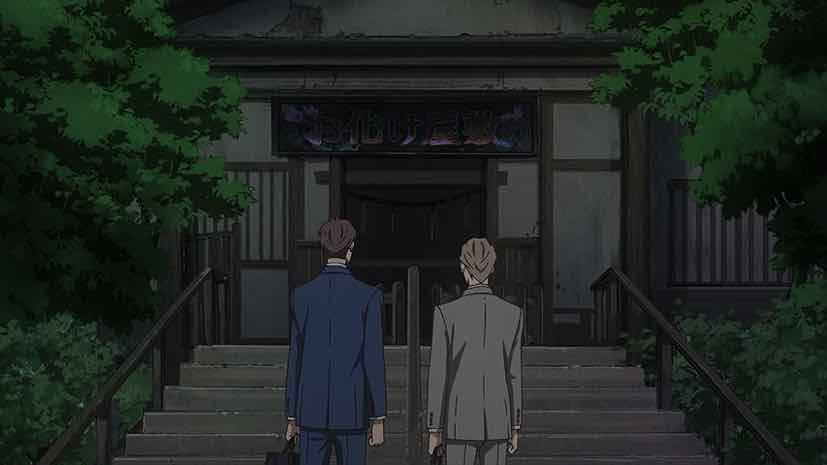
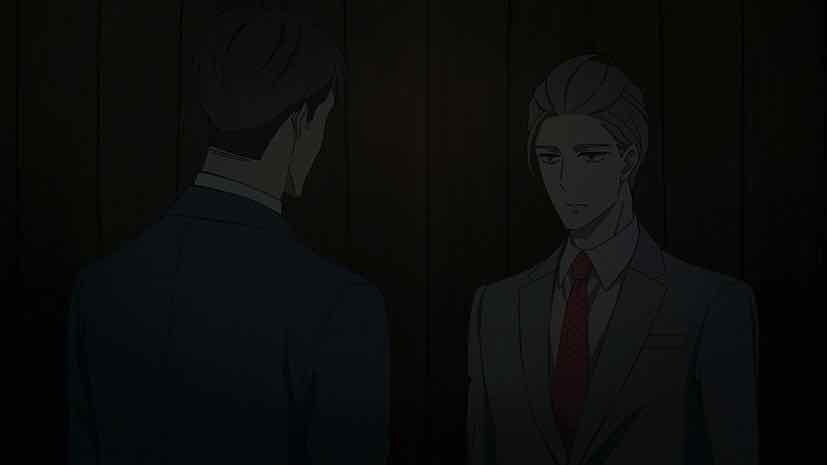
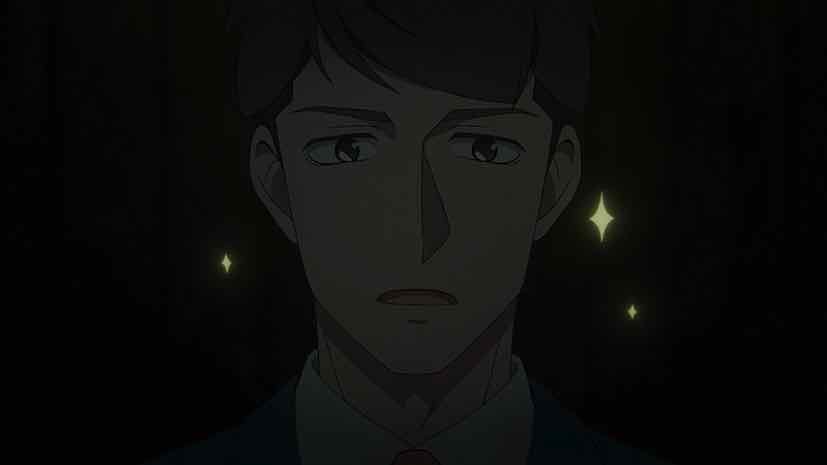
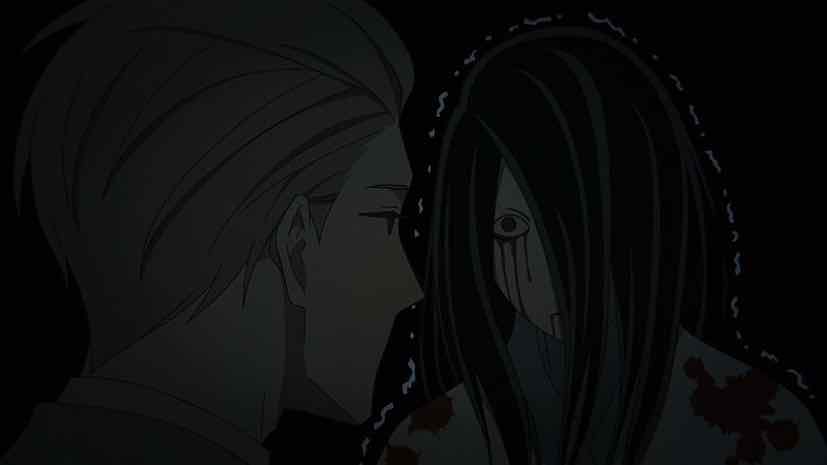
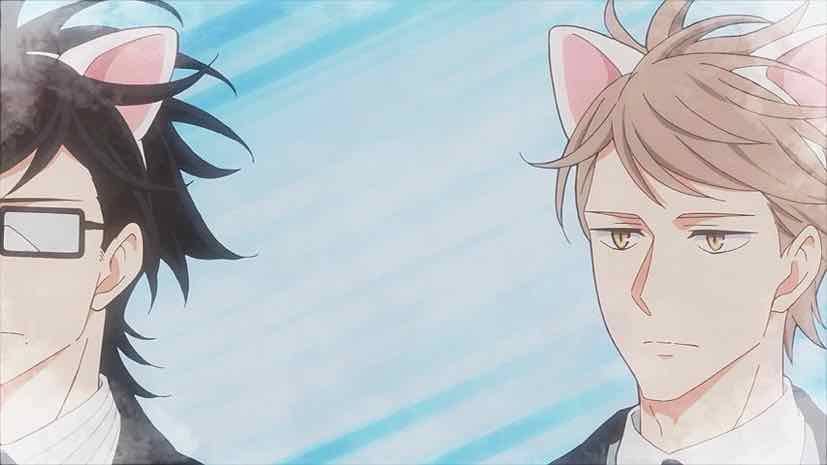
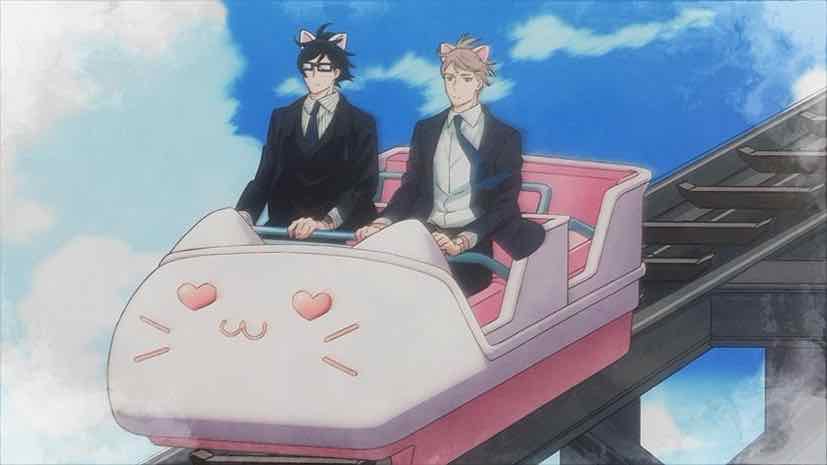
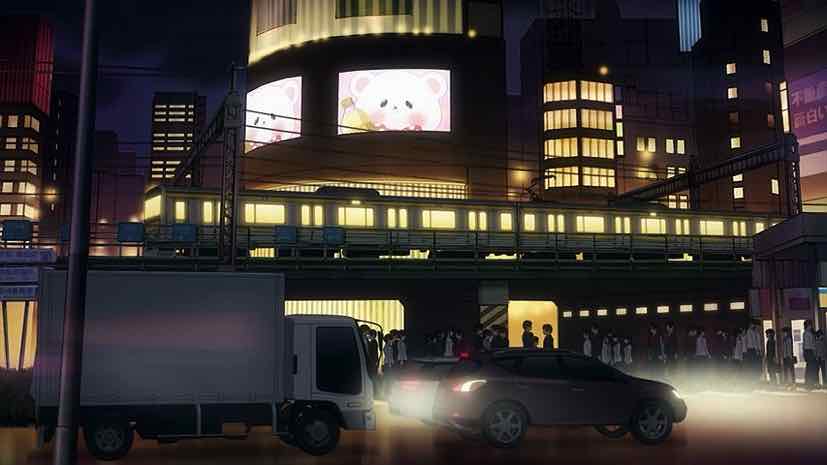
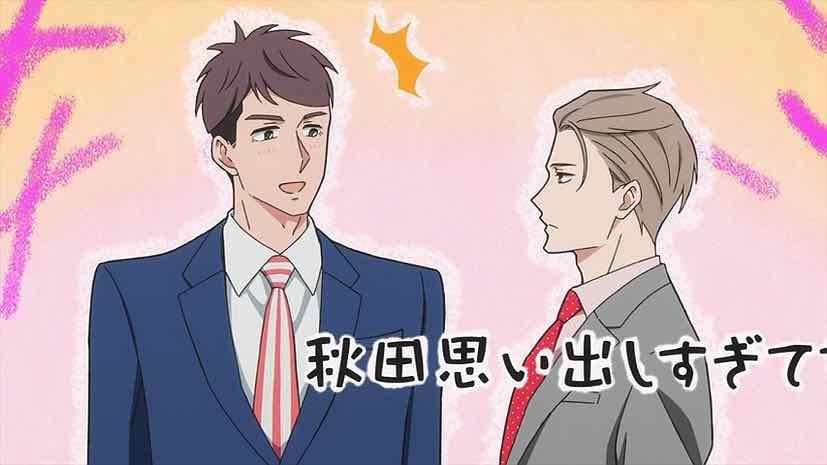
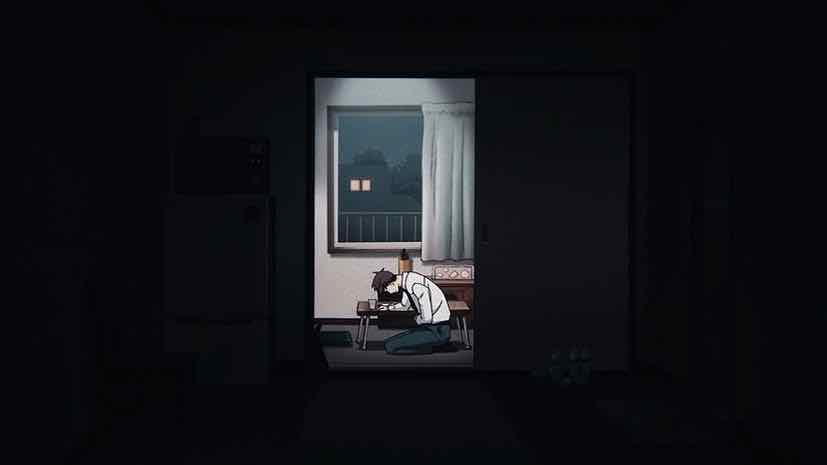
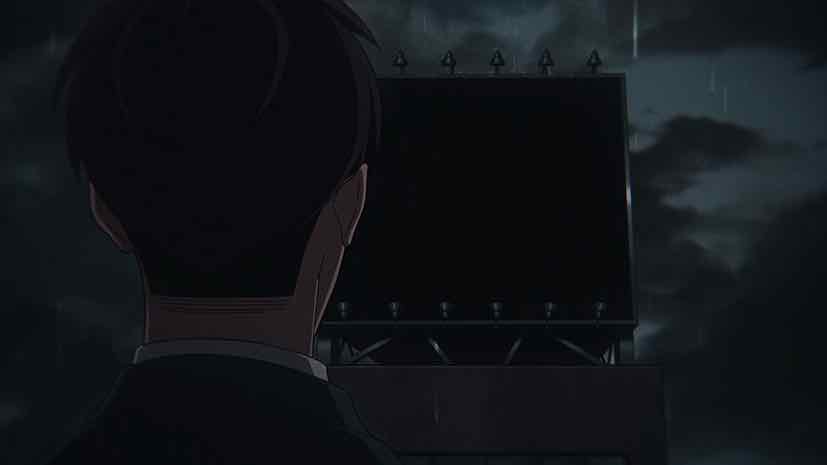
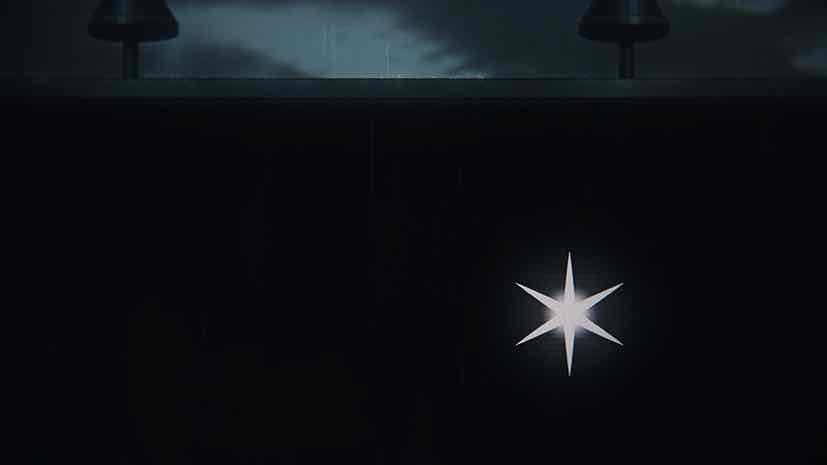
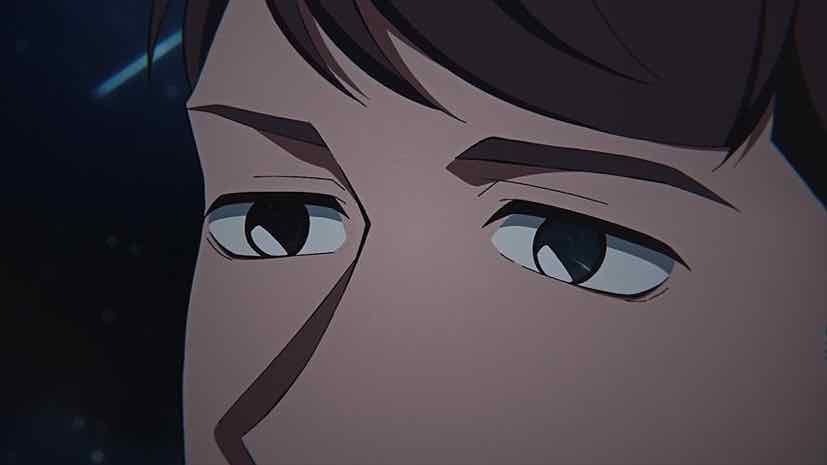
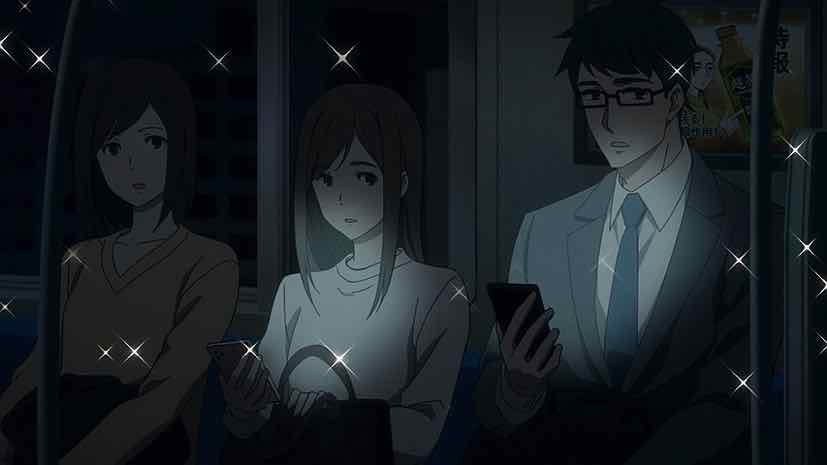
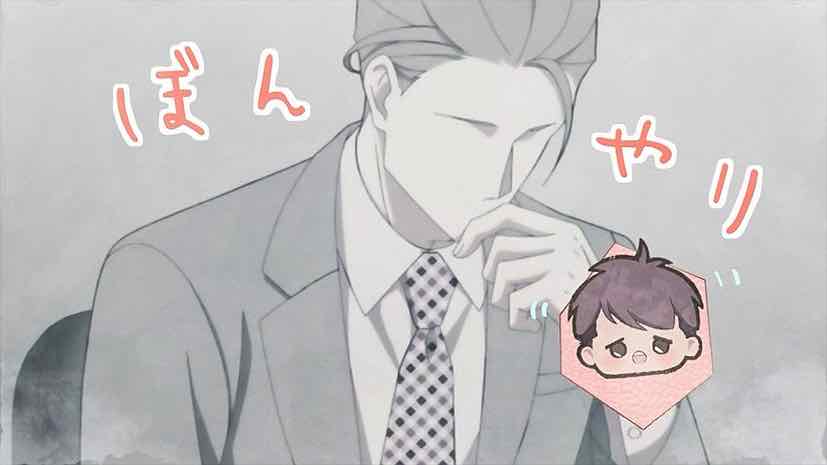
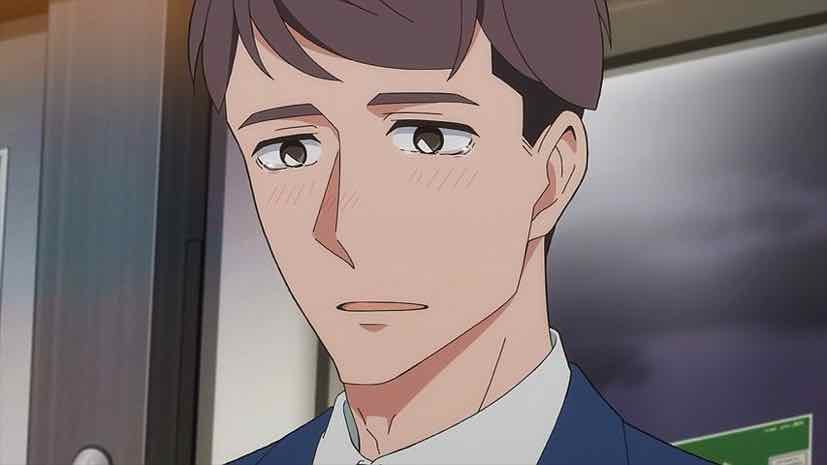
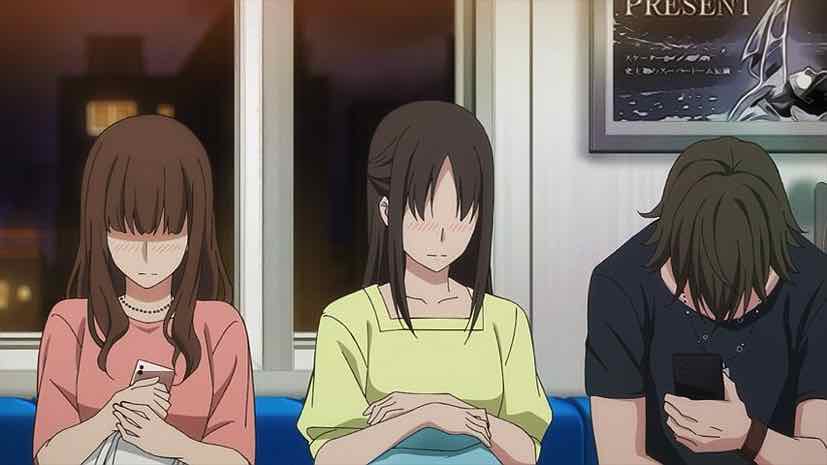
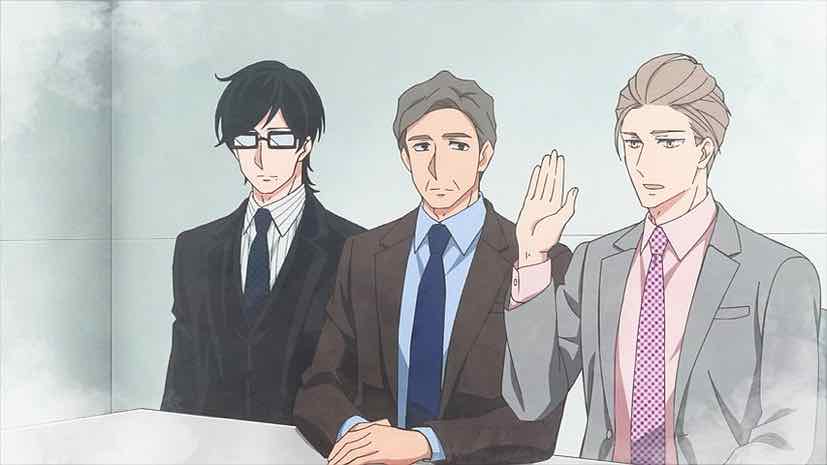
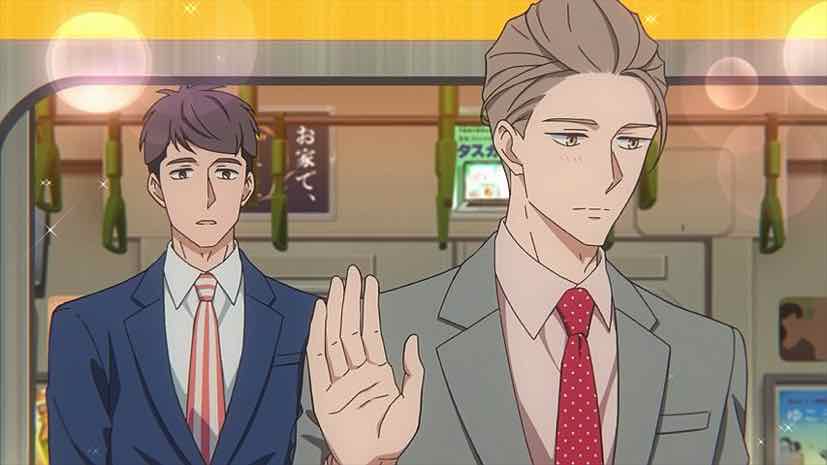
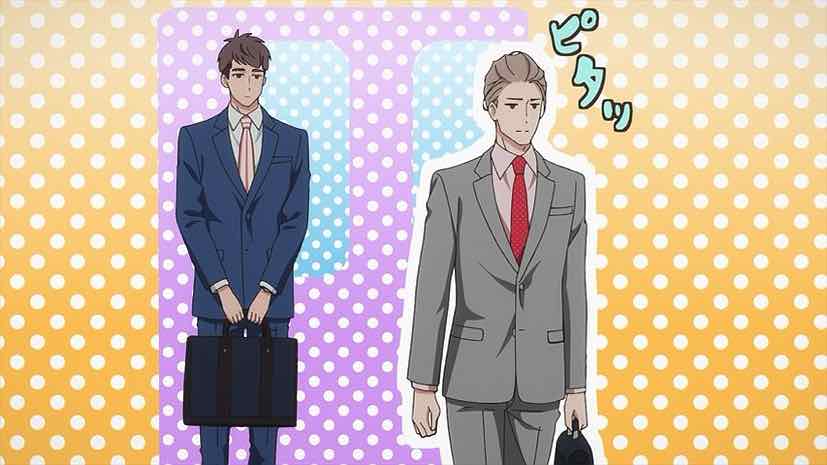
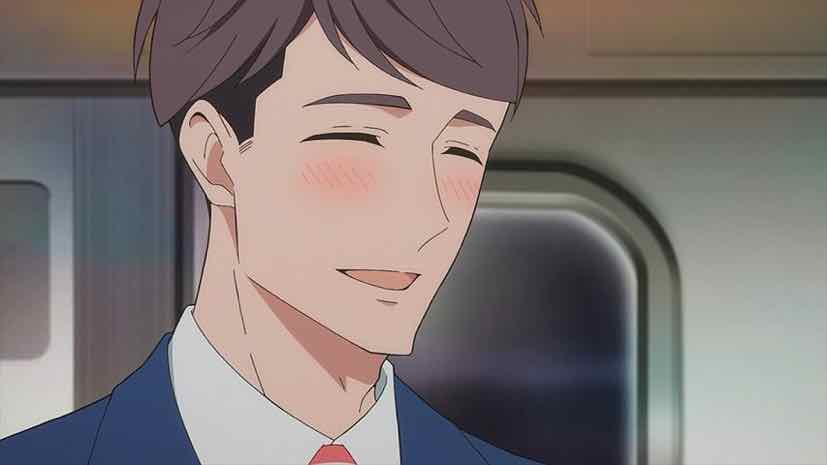
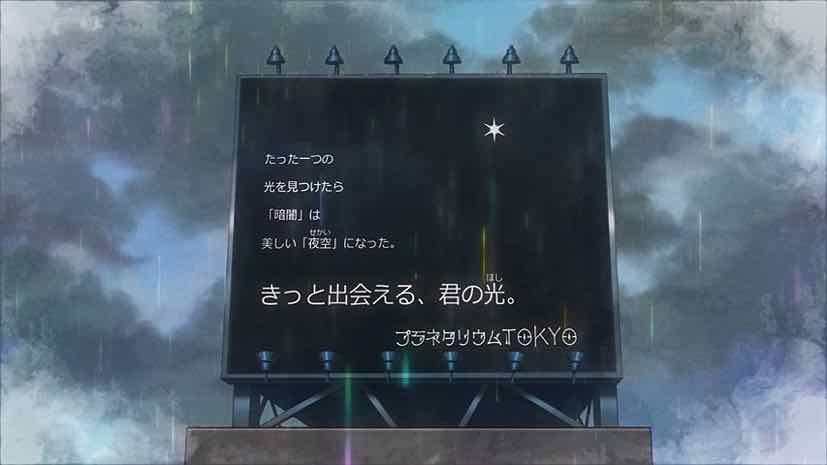
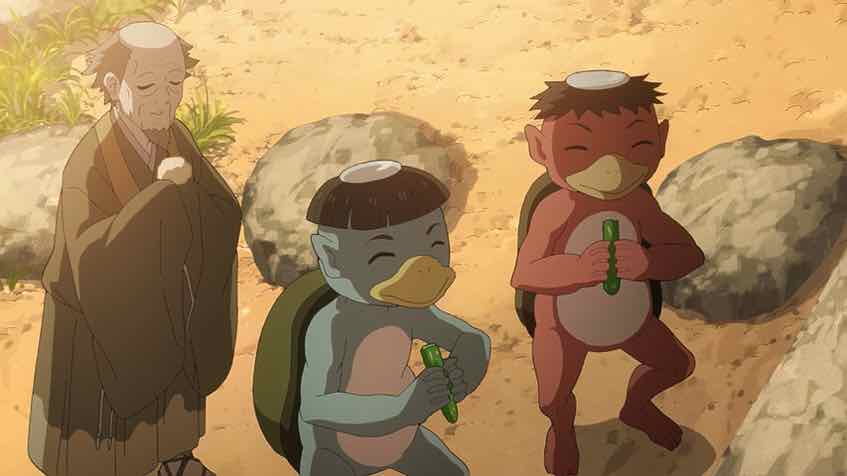
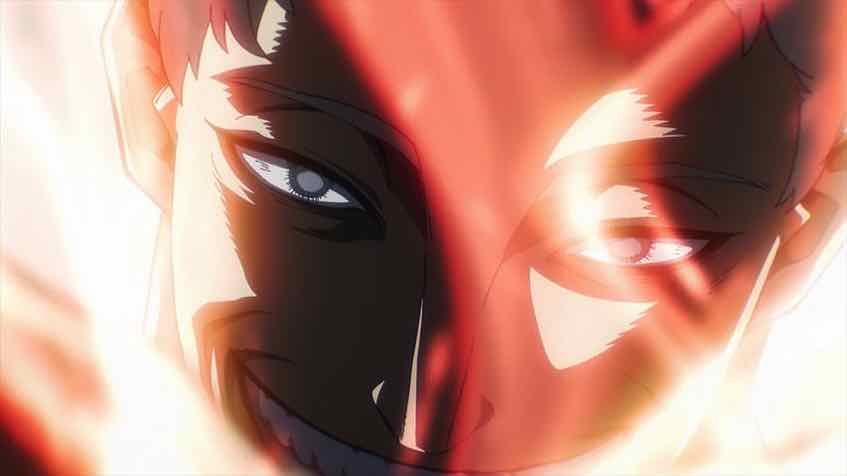
Simone
October 15, 2023 at 6:49 pmYeah, this show really feels like it’s playing the Gay Subtext Championships – absolutely no commitment to confirming anything, but if you want to ship, you have enough timber for the whole Spanish Armada here. The bit about the planetarium ad was unexpectedly touching. Overall it’s a really nice and cozy show – my favorite bit was definitely the boss giving his own name without missing a beat at the lost children desk. They didn’t even underscore the joke with an explicit comment, but it was a hilarious misunderstanding you’d expect from someone that ditzy.